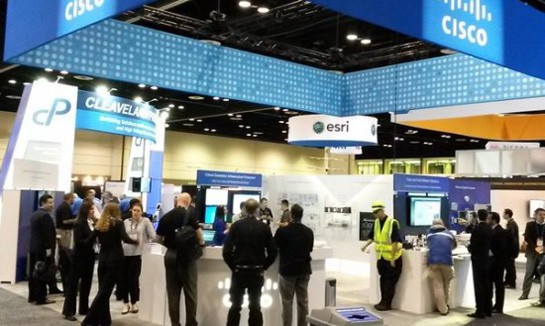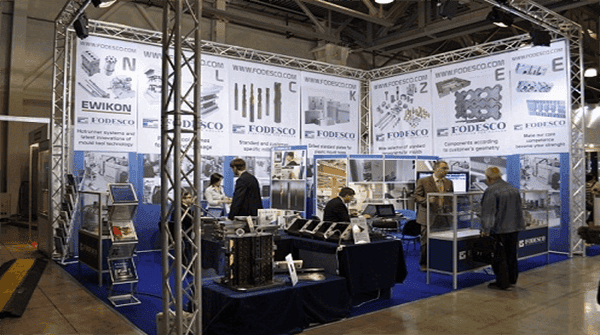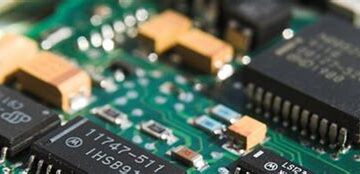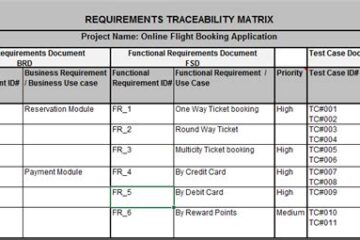Printed circuit boards (PCBs) serve as the backbone of most electronics today. PCBs provide the electrical connections between components in a circuit and are made up of insulating substrate material with conductive copper traces etched onto one or both sides. Finding a reliable, high-quality PCB manufacturer is crucial for any electronics company. In this article, we will explore the major PCB manufacturing companies and what sets them apart.
What is a PCB?
A PCB is a board that provides mechanical support and electrical connectivity for electronic components using conductive pathways or traces etched from copper sheets laminated onto a non-conductive substrate. PCBs can be single sided with copper on one side, double sided with copper on both sides, or multilayer with copper sandwiched between dielectric substrate layers.
Key Elements of PCBs
- Substrate – The base material that provides mechanical support, usually FR-4 fiberglass.
- Traces – The copper pathways that provide electrical connections.
- Pads – The metal areas where components are mounted and soldered.
- Vias – Plated through holes that provide connections between layers in multilayer boards.
- Solder mask – The coating that protects traces from short circuits and oxidation.
- Silkscreen – Printed layer for markings like component designators.
Major PCB Manufacturers
There are hundreds of PCB manufacturers globally, but here we will focus on some of the largest and most well-known companies:
Advanced Circuits
- Location: Aurora, CO, USA
- Founded: 1989
- Capabilities: Quick-turn and high-volume PCB production. 2 to 24 layer boards.
- Certifications: ISO 9001:2015, AS9100D, IPC 6012 Class 3, IPC 6018 Class 3
- Notable clients: Google, MIT, CERN
Advanced Circuits is known for its fast delivery of prototype and low-volume PCB orders, with production times as fast as 24 hours. They also handle medium to high volume production. Their ITAR registration allows them to manufacture boards for defense and aerospace customers.
TTM Technologies
- Location: Santa Ana, CA, USA
- Founded: 1998
- Capabilities: Complex HDI, rigid-flex, RF/microwave, quick-turn prototyping
- Certifications: ISO 9001:2015, ISO 14001:2015, AS9100D, Nadcap
- Notable clients: Apple, Huawei, Cisco, HP
TTM is one of the largest global PCB manufacturers with facilities in Asia and North America. They specialize in advanced PCBs like high density interconnect (HDI) and rigid-flex boards. Their quick-turn prototype service delivers in as fast as 24 hours.
Sanmina Corporation
- Location: San Jose, CA, USA
- Founded: 1980
- Capabilities: HDI, rigid-flex, RF/microwave, embedded components
- Certifications: ISO 9001, ISO 13485, AS9100D
- Notable clients: Cisco, Juniper, Intel
Sanmina is a large electronics manufacturer that provides complete product assembly services in addition to PCB fabrication. They have expertise in flex and rigid-flex PCBs as well as RF and embedded component integration.
AT&S
- Location: Leoben, Austria
- Founded: 1981
- Capabilities: HDI, high frequency, automotive grade
- Certifications: IATF 16949, ISO 9001, ISO 14001
- Notable clients: Bosch, Continental, Siemens
AT&S is the European market leader in high-end PCBs for the automotive, industrial, medical and communications industries. They focus on miniaturization, high reliability, and advanced packaging technologies.
Murrietta Circuits
- Location: Murrieta, CA, USA
- Founded: 1982
- Capabilities: Quick-turn prototyping, medium volume production
- Certifications: ISO 9001:2015, IPC 6012 Class 2 & 3
- Notable clients: Teledyne, L3Harris, SpaceX
Murrietta Circuits provides fast turnaround prototyping services as well as higher volume production of PCBs. Their ITAR registration allows them to manufacture boards for aerospace and defense applications.
Factors to Consider When Selecting a PCB Manufacturer

Choosing the right PCB manufacturing partner is critical. Here are some key factors to take into account:
Capabilities and Expertise
- What types of PCBs can they manufacture? (Layers, materials, densities, etc)
- Do they have experience with your type of product?
- What certifications and quality systems do they have in place?
Production Capacity
- What is their overall capacity for scale production?
- Do they have facilities near your location?
- What are their lead times for both prototypes and production runs?
Quality
- What is their track record for producing high quality, reliable PCBs?
- Do they thoroughly test boards and inspect solder masks, etch defects, etc?
Customer Service
- How responsive are they to quotes, questions, and requests?
- Will they take time to understand your specific needs?
Cost
- Are their pricing and minimum order quantities competitive?
- What is included in the costs? (tooling, testing, etc)
Large vs Small PCB Manufacturers
There are some key tradeoffs when considering large vs small PCB fabrication companies:
Large Manufacturers
Advantages:
- More capabilities – can handle complex board geometries
- Higher production volumes and capacity
- More process controls and certifications
- Global footprint with facilities worldwide
Disadvantages:
- Less flexibility and customization
- Longer lead times
- Higher minimum order quantities
- Less focus on prototyping
Small Manufacturers
Advantages:
- Great for fast turnaround prototypes
- More flexible with design changes
- Lower minimum orders
- More customer focus and responsiveness
Disadvantages:
- Limited capabilities for complex designs
- Lower production volumes and capacity
- Fewer process controls and certifications
- Limited global presence
Top 10 PCB Manufacturers

Here is a summary of the 10 largest PCB manufacturers worldwide based on reported revenue:
| Company | Headquarters | 2019 PCB Revenue |
|---|---|---|
| Nippon Mektron | Japan | $3.2 billion |
| Unimicron Technology | Taiwan | $2.8 billion |
| Zhen Ding Technology | Taiwan | $2.7 billion |
| Tripod Technology | Taiwan | $2.3 billion |
| Compeq Manufacturing | Taiwan | $1.3 billion |
| TTM Technologies | USA | $1.1 billion |
| Ibiden | Japan | $850 million |
| AT&S | Austria | $780 million |
| Chin Poon Industrial | Taiwan | $780 million |
| Unitech Printed Circuit Board | Taiwan | $590 million |
As you can see, Asian companies, especially Taiwanese, dominate the top 10 in terms of PCB revenue and production capacity. However, there are still many excellent North American manufacturers providing high quality boards as well.
Choosing the Right PCB Partner
There is no one-size-fits-all approach to selecting a PCB company. You need to carefully consider the factors mentioned above and choose the partner that best aligns with your specific needs in terms of:
- Design and prototyping requirements
- Technology capabilities
- Quality certifications
- Production capacity and lead times
- Location and logistics
- Pricing and total cost
Take time to research manufacturers, get quotes, ask questions, and request samples to make the right decision. The PCB partner you choose can have a major impact on your electronics project success!
Frequently Asked Questions
What are some key differences between PCB prototyping vs production?
Prototyping focuses on:
- Fast turnaround times
- Small quantities
- Iterating on design changes
- Verifying functionality
Production focuses on:
- Large order quantities
- Optimized and validated design
- Quality control for reliability
- Lower costs through scale
Should I choose a domestic or overseas PCB manufacturer?
There are benefits to both:
Domestic
- Faster shipping and logistics
- Closer communication and time zones
- Easier to visit in person
- ITAR compliance for defense products
Overseas
- Lower costs through labor savings
- High production capacities
- Experience with advanced technologies
Evaluate all factors carefully to make the best choice.
What file formats do manufacturers accept?
Gerber (.gbr) and drill (.drl) files are the standard formats accepted by PCB fabrication companies. Many also accept other formats like:
- IPC-2581 (ODB++)
- DXF
- STEP
Check with your manufacturer to verify which formats they support.
Should I order extra PCBs for reserves or future changes?
It’s generally wise to order a few extra boards above your needs as reserves in case:
- Boards are damaged during assembly
- You discover issues and need new revisions
- Your project scope expands and you need more boards
Aim for at least 10% over your estimated need. The cost of extra boards now is much lower than re-ordering a whole new batch later.
What types of checks and testing do manufacturers perform?
Typical quality control checks include:
- Automated optical inspection (AOI) for shorts, opens, etc
- Netlist testing of connectivity
- Impedance, resistance, and capacitance testing
- Plating thickness measurements
- Solder mask adhesion and cure validation
- Dimensional measurements
The more stringent the testing, the higher the quality. Request details on their complete quality process.



0 Comments